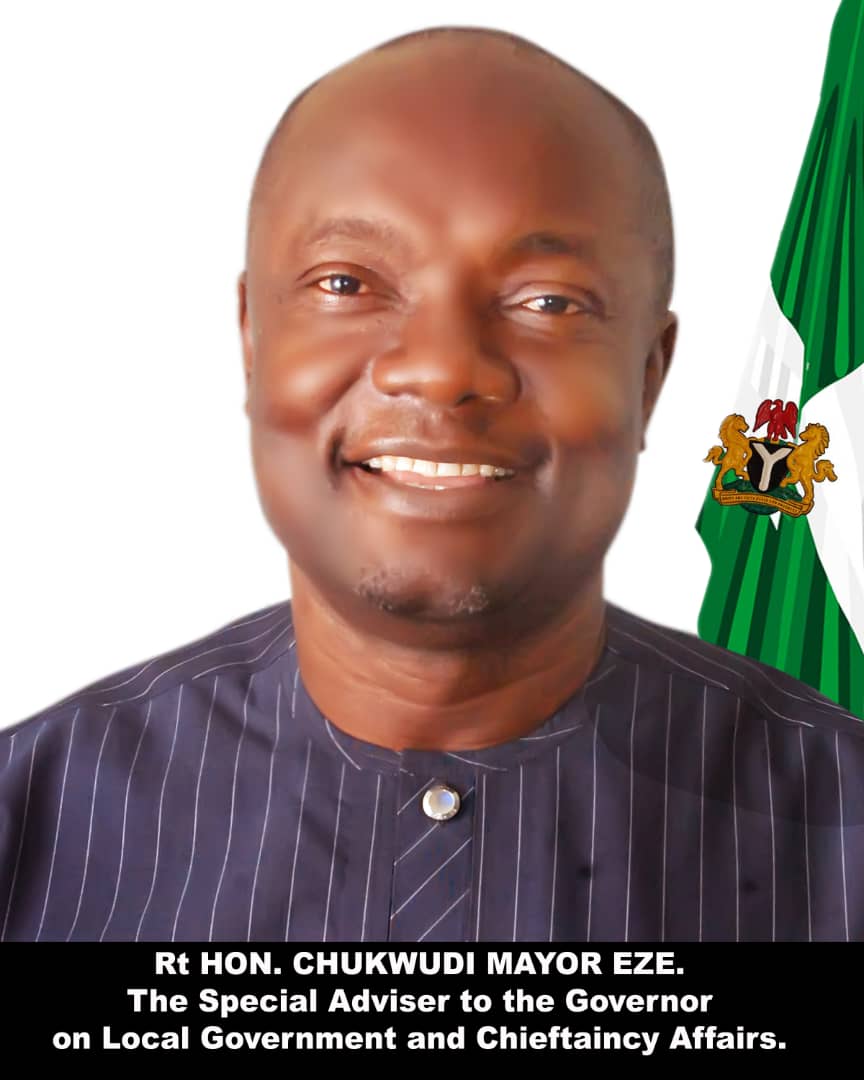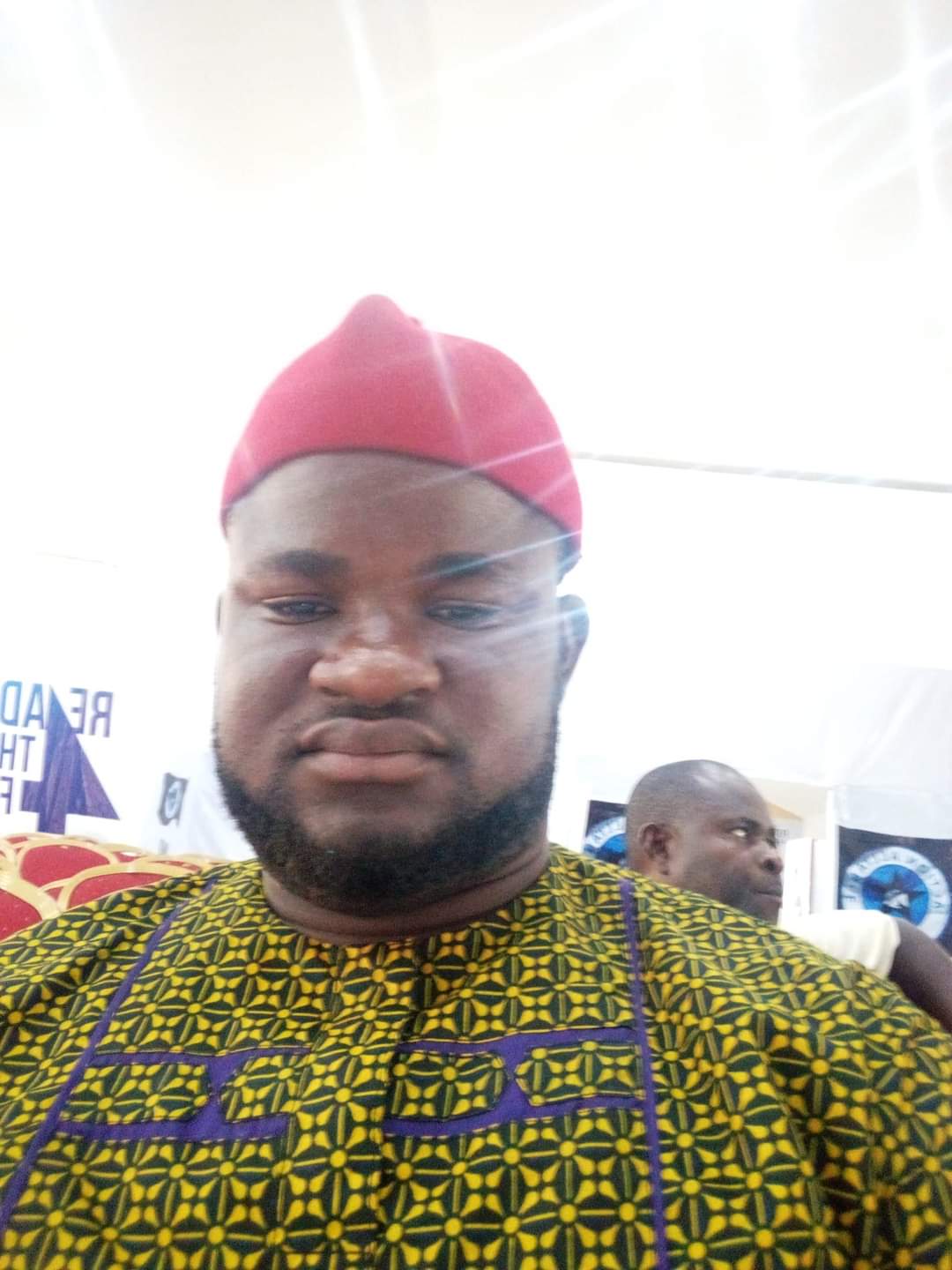-Says:Charter Of Equity favours Non-Indigenes
-Roots For Okey Ikoro As Most Qualified, Prepared For The Job
The Imo Charter of Equity has been on the front burner of public discourse for quite some time, eliciting varied reactions from commentators. In crafting the document, the Imo Council of Elders was interested in ensuring inclusive governance in the state, bearing in mind that the coveted position of governor is assumed to have been dominated by one Senatorial zone—Orlu—since the return of democratic governance in 1999.
“The people of Owerri zone are aggrieved that they are yet to occupy the position of Governor for a full term of four years since the return of civilian rule in 1999. The only opportunity they have had came through Rt (Hon) Emeka Ihedioha, who was in office for seven months.
On their part, those from Okigwe zone are clamouring to be given the opportunity to at least complete a second term of four years.
As compelling as their arguments may be, the advocacy by these groups and the Imo Charter of Equity have failed to consider the issue of residency as a determinant of an aspirant’s qualification to vie for the position of Governor. In other climes an individual’s contributions to his place of residence and how long such a person has been in the place or region have often been used as qualifying criteria for participation in local politics and aspiration to elective positions.”
A group known as Imo Governance Project stated this in a press statement it issued and made available to the press. The release signed by Mike Ozigbo, as Director, further reads, “As a matter of fact, a certain level of investment has often been used to grant citizenship to such individuals in many countries, including the USA, Canada, UK etc. This very fundamental consideration appear to have been ignored in propounding the Imo Charter of Equity and would, therefore, end up excluding individuals who have lived their productive lives in another zone outside their place of indigeneship and who have equally made huge investments in their place of residence.
With this in mind, it is important that the residency rule is factored into the Imo Charter of Equity to allow access to political power for those who have resided in a zone for a given number of years and have contributed to the economic development of the zone. It is unfair to build a zone, create wealth, employment and grow its GDP and not be allowed to share in the zone’s booty. It is with this in mind that the case of individuals like Chief Okey Ikoro (Osunmanu ndi Igbo) ought to receive serious consideration as the clamour for a governor from Owerri zone intensifies. Chief Okey Ikoro, a.k.a Osunmanu Nkpadirigbo has lived in Owerri for over 47 years. He had his tertiary education in Owerri, graduating as a Building Engineer from the Federal Polytechnic Nekede in 1981. Since then, Chief Okey Ikoro has resided in Owerri and has in the process built a business conglomerate with investments running into billions of naira and employing hundreds, directly and indirectly.
When this is viewed against the background of the fact that most of the individuals aspiring to be governor, including those who are Owerri indigenes, do not have any meaningful investment or presence in Imo state and have nothing to lose if Imo is in disarray, it calls to question the striving for justice, equity, and fairness as being pursued under the Imo Charter of Equity.
As we approach 2027, Imolites are increasingly questioning the credentials of those who seek to govern them. More importantly, seeking to counter the exclusion of those who have lived in a particular senatorial zone and have contributed enormously to the development of such places.
As the clamour for Imo the governorship position intensifies, people are insisting that it would also be fair and equitable to allow an accomplished Imo business personality like Chief Okey Ikoro have a shot at the governorship of Imo State. Such individuals we believe are what Imo needs now to lay a solid foundation for sustainable socio-economic growth of the state.
An Igbo proverb says ” Ebe onye bi ka ona awa chi”
Where one lives is where he protects.”









